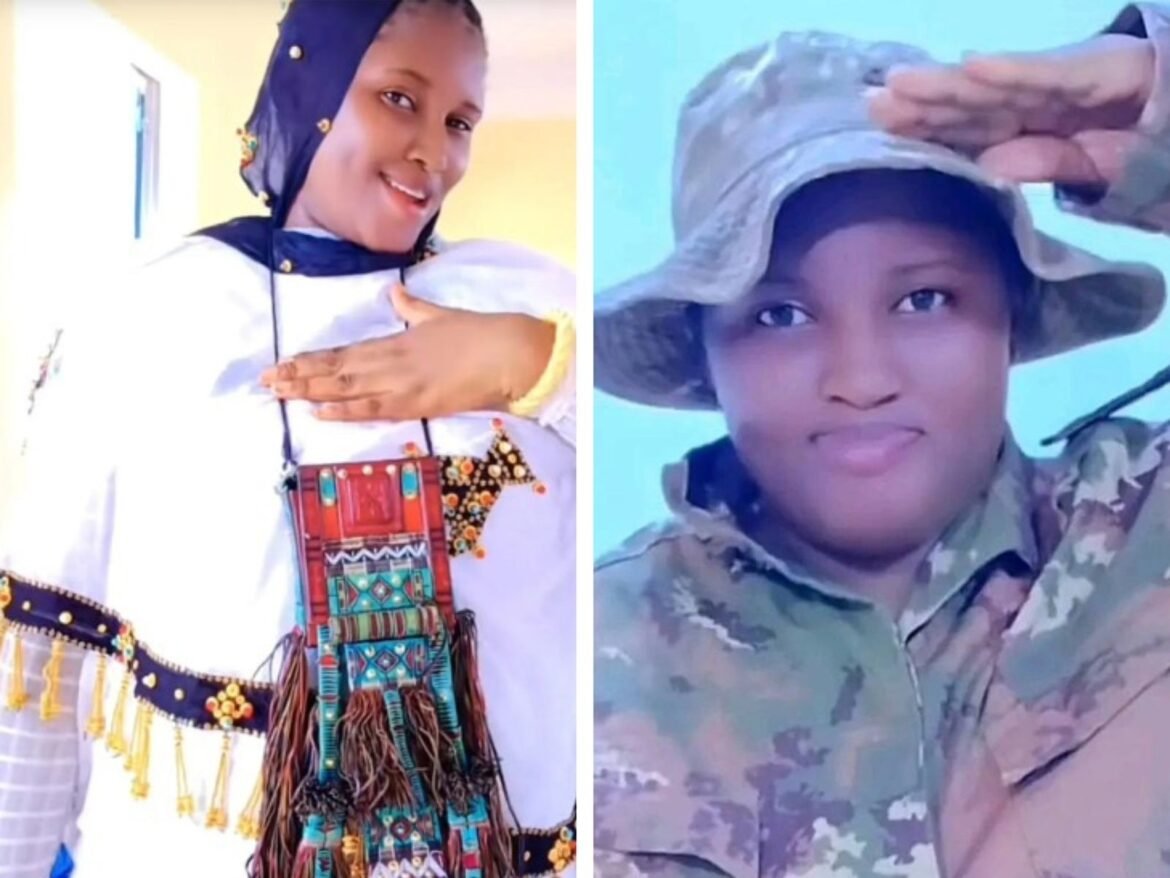Influencer Mariam Cissé who was executed in a public square by jihadists in Mali Facebook An influencer Mariam Cissé was kidnapped and executed in a square in northern Mali by alleged jihadists, who accused her of collaborating with the country’s army. The young woman was murdered on Friday (7) after being mistaken for a spy. 👉 Jihadists are considered militants of extremist groups who use the idea of ”holy war” to justify acts of violence. Since September, members of the Group in Support of Islam and Muslims (JNIM), affiliated with al-Qaeda, have been implementing a strategy to strangle Mali’s economy, imposing blockades on several cities and fuel trucks. Mariam Cissé, who was just over 20 years old, was known for the videos she posted on TikTok — where she had more than 90,000 followers — about her hometown, Tonka, in the north of the country. In some of them, she showed support for the Malian Army, dressed in military uniform and saluting. The influencer was kidnapped on November 6 from a Tonka market by jihadists, according to her family members. The next day, she was taken to a city square, where she was shot. “The terrorists saw her filming. They thought she was spying on them,” said Mariam’s uncle, who watched helplessly as his niece died. “At the time of the execution, they took her on two motorcycles. There were four men. They blindfolded her. Then, they shot her at close range. She was hit by four bullets,” he testified. The young woman’s execution provoked outrage in the country, governed by a military junta, which has been facing a profound security crisis and has been going through an economic crisis for 13 years. Mariam’s case harks back to the period when northern Mali was under the control of Islamist groups in 2012, when women faced severe restrictions, such as extreme punishments for adultery and bans on attending schools or wearing pants. Influencer Miriam Cissé Reproduction/TikTok Situation in Mali The deep security crisis is fueled mainly by the violence of jihadist groups affiliated with Al-Qaeda and the Islamic State (ISIS), as well as local criminal groups. Since September, JNIM jihadists have imposed blockades on the country’s main roads, preventing the entry of fuel trucks coming from Senegal and Ivory Coast. The objective is to strangle Mali’s economy, which is landlocked and highly dependent on imports. In a video released at the end of October, the jihadists announced that “all roads around Bamako” are considered “war zones” and that they would impose the separation of men and women on public transport. JNIM is also tightening its grip on the increasingly weakened military regime. However, the situation seemed to have improved slightly in recent days. Several convoys of fuel trucks, under military escort, were delivered to the capital Bamako and other parts of the country. Container shipping companies, such as the Italian-Swiss MSC and the French CMA-CGM, which had announced the suspension of their operations in Mali, reversed their decision after agreements with the government. Military personnel perform security at a defense exhibition in Bamako, Mali, on November 11, 2025 REUTERS/Francis Kokoroko Queues to get fuel In the capital, the situation has improved, although long queues at gas stations still persist, after several weeks of fuel shortages, which affected all sectors of the economy. Schools and universities reopened on Monday (10), after two weeks of closure determined by authorities due to lack of fuel. However, public transport has not yet fully resumed, and access to electricity has worsened considerably since the lockdown. According to a security source consulted by AFP, only “110 of the more than 700 gas stations are operating sporadically in the capital.” Today, “vast areas are outside the effective control of the state,” which is “concentrating its forces around Bamako to guarantee the regime’s security,” Bakary Sambe of the Timbuktu Institute, a research group based in Dakar, Senegal, told AFP on Tuesday. The situation remains more difficult in the rest of the country, where several cities in the south and center are under jihadist blockade, and fuel trucks are slow to arrive. Faced with the deteriorating situation, the United States and the United Kingdom announced, two weeks ago, the withdrawal of their non-essential personnel from Mali, and several embassies, including that of France, asked their citizens to leave the country. The president of the African Union Commission (AUC), Mahmoud Ali Youssouf, expressed his “deep concern” on Sunday (9) regarding the deteriorating security situation in Mali and called for “urgent international action”. People try to get fuel in Mali, on November 3, 2025 REUTERS VIDEOS: trending on g1 See the videos that are trending on g1
Source link
Tiktoker is executed in a public square after being mistaken for a spy in Mali
25

